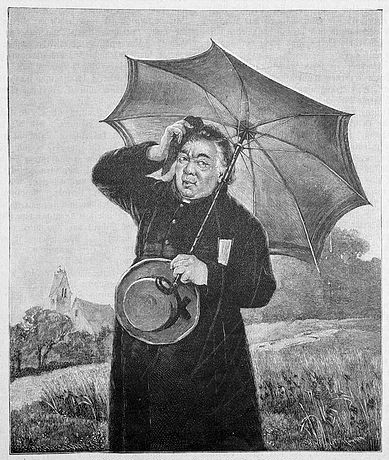In 1860 Manchester layman J. Gill wrote “a sermon in words of one syllable only”:
He who wrote the Psalm in which our text is found, had great cause to both bless and praise God; for he had been brought from a low state to be a great king in a great land; had been made wise to rule the land in the fear and truth of God; and all his foes were, at the time he wrote, at peace with him. Though he had been poor, he was now rich in this world’s goods; though his youth had been spent in the care of sheep, he now wore a crown; and though it had been his lot for a long time to hear the din of war and strife, peace now dwelt round the throne, and the land had rest.
The whole thing is here. “This Sermon … is offered to the public with the view of showing that at least big words are not necessary for the conveyance of great truths to the minds of the people,” he wrote in a preface. “[I have] an ambition to prove that, in the advocacy of religious truth, very plain, simple, and old-fashioned words have not yet lost their original force and significance.”






